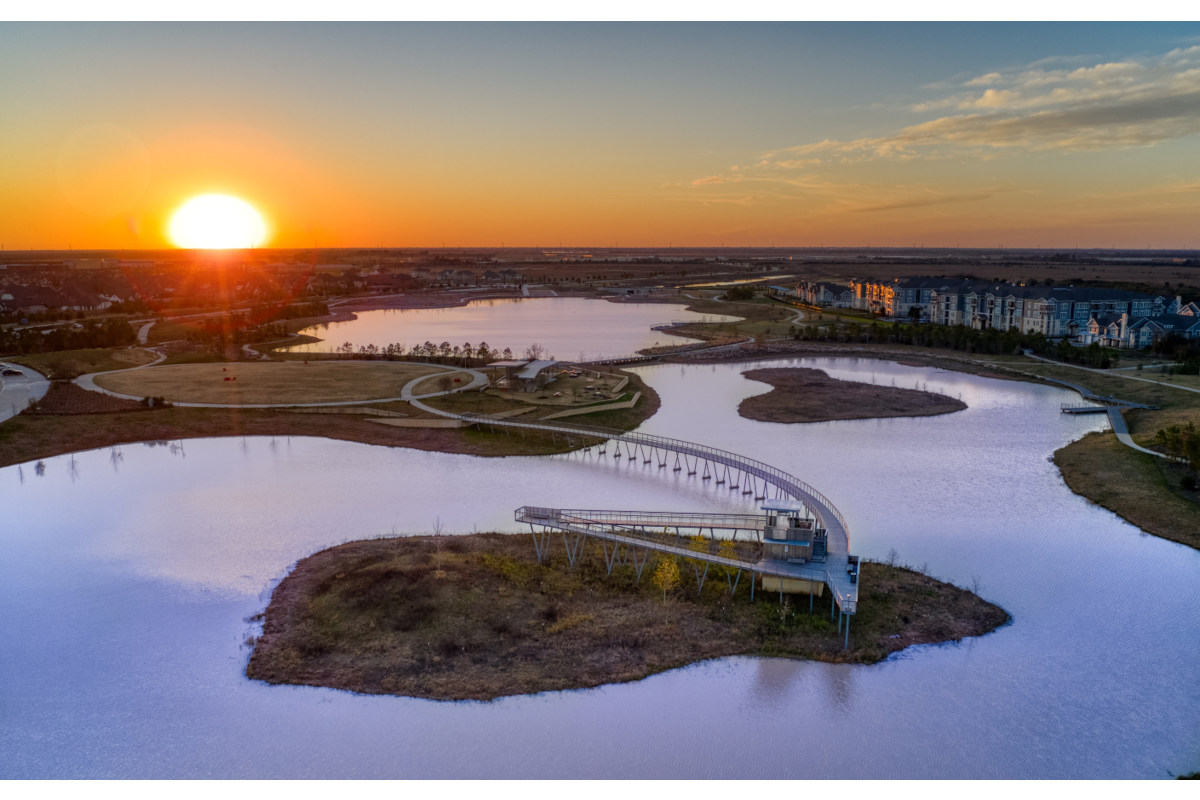
Women in Engineering – Maureen Carlin, P.E., Ph.D.
Historically a male-dominated profession, women continue to make inroads, especially in the trenchless industry.
Glass ceilings are being broken all over the place these days, whether at one of the highest offices in world, such Vice President of United States, or just in everyday life.
Our corner of the world involves engineering and construction. Both industries have historically been dominated and led by men. According to the Society of Women’s Engineer’s website, 13 percent of engineers are women. The times in these industries are changing as more and more women choose to pursue engineering careers, seeking their professional fortunes; many of these career paths are being forged and established in the trenchless industry with increased numbers ascending to key leadership roles.
Seeing women donning hard hats and on the jobsite is not such an unusual sight in 2021. That wasn’t always the case. We’ve all heard stories of “mansplaining” and stereotyped attitudes toward women in the construction world.
Thankfully, those attitudes have evolved and the professionalism of accepting women in roles historically filled by males continues evolve and grow.
June 23 marks International Women in Engineering Day. The day was created in 2017 by the Women’s Engineering Society in the United Kingdom after the launch of a national U.K. women in engineering day three years earlier drew enormous interest and celebration. International Women in Engineering Day (INWED) was born to enable the celebration of women in engineering to become global.
We spoke to five female engineers in the trenchless industry, learning how they came to call engineering home and gaining perspective on the attitudes noted above. They are not new to engineering, with their careers firmly established. They also spoke of the need for more female mentors in the engineering field, to inspire, push and encourage more females to pursue engineering as a career. They are all proud to assist and mentor the next generation of female engineers.
Here is one of their stories.

“While my friends were playing with Barbie’s Playhouse, I was constructing additions onto Skeletor’s Castle,” Carlin remembers. “My favorite toys were LEGOS and Lincoln Logs.”
She earned her bachelor of science in civil engineering and architectural engineering from the Missouri University of Science and Technology, as well as a master of business administration in marketing from the University of Nevada-Las Vegas. Carlin earned her doctorate in civil, environmental and sustainable engineering with a specialization in construction engineering. Carlin spent extended time in mainline China developing her dissertation, studying horizontal directional drilling in China vs. North America.
Today, Carlin is vice president of engineering and preconstruction services for Innovative Pipeline Crossings (IPC), the North American division of the Bothar Group, whose core services include microtunneling, Direct Pipe method, HDD and additional support new installation methods.
She was introduced to trenchless technology when she started her doctoral program at Arizona State University. She was immediately hooked. “It is a great industry, with no limits, brimming with talented people,” Carlin says. “People will always need power, water and wastewater services and it’s our responsibility to constantly look for more innovative and environmentally friendly ways to deliver said services.
Carlin says throughout her career, she’s accustomed to being the only woman in the room when it comes to jobsite meetings and or a job walk through; she still attend conferences that are 80 to 90 percent male and she is the lone female presenting a paper. “With that said, I never feel out of place,” she shares. “I am just one of the trenchless nerds in the sandbox.”
That being said, Carlin says more can be done to encourage women and other genders into the fields of engineering and trenchless technology. “We, as an industry, need to figure out a way to expose all students to the engineering and trenchless technologies much earlier in their education journey,” she says. “The reality is that there are less than 10 universities that offer courses related to the trenchless industry out of hundreds of civil engineering programs. That is simply unacceptable.”
Carlin notes that there are more women and diverse groups in engineering today vs. 30 to 50 years ago and that the attitudes of the previous generation of engineers has evolved over that time. “Looking back when folks started 30, 40, 50 years ago, there were virtually no women in this industry. That was just the reality in many workplaces at the time,” she says. “Now, as the landscape is slowly changing, I find folks are embracing women (and all genders) in the industry as it has become clear that we’re all equal counterparts in the professional world.”

She further notes that over the past year of pandemic lockdown, people and companies got insight and perspective to the challenges that women in engineering — and all disciplines for that matter — manage each day. “With many folks working from home, they can see the big picture of what it’s like being a woman in the professional world,” Carlin says, noting that everyone’s daily work lives now includes juggling work life and conference calls with the kiddos’ lunches, temper tantrums and remote learning.
Women’s role in engineering and leadership positions continues to grow, albeit slowly. Carlin is optimistic of that they will continue to do so. She has advice for young female engineers: Do the work. She says she was at a panel for women in engineering a few year back and the message she observed was that women need to be more assertive and command respect. Carlin disagrees: “While I respect all perspectives, if I were to offer another approach to women working in our industry [it would be this:] Work hard and smart. Deliver quality work. Prove your worth and early your keep. Real respect is earned and kept over time.”




